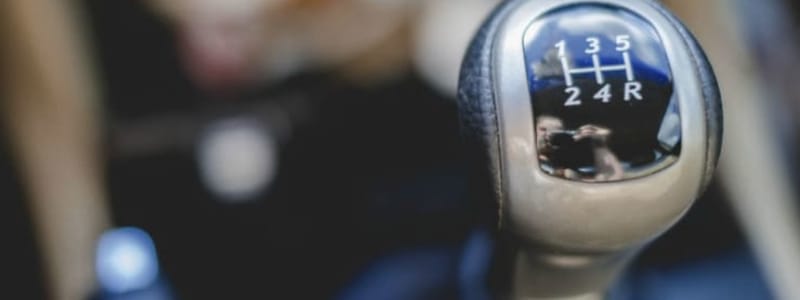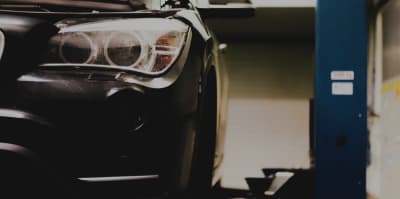
The clutch is a part of the car which is subjected to friction on a near constant basis which means that there are many ways in which it can wear out or become damaged.
If you suspect that there might be a problem with your clutch there is an easy way to determine whether that’s where the issue is. If you carry out the following four steps without hearing any strange noises then you can be fairly sure that the clutch is not the problem.
Diagnosing your clutch
- Turn on the ignition, make sure that the handbrake is on and put the car into neutral.
- With the engine on but without pushing down the accelerator or the clutch pedal listen out for a noise which sounds like a low growl. If you don’t hear anything then continue on to the next step. If you do hear a growling noise then you probably have a problem with the transmission on your clutch. If you do not know how to fix this yourself then you should take your vehicle into a garage and let them know exactly when you hear the noise.
- Don’t put the car into gear but push down the clutch pedal partway and listen out for any noises it makes. If you don’t hear anything, again proceed to the next step. If you hear a high-pitched squeaking as you press the pedal then you know that you have a problem with your clutch. This sort of noise is usually associated with problems with the clutch release or throw-out bearings.
- Press the clutch pedal all the way down. Again, listen out for any unusual sounds coming from the car. If it starts to make a squealing noise then it is most likely that you have an issue with the pilot bearing or the bushing.
If you don’t hear any noises during any of these tests then you probably don’t have a problem with the clutch. If you are worried about the performance of your car then you should take it in to a garage and get a professional to find out what the problem may be. If at any point when driving you feel the clutch slipping, sticking or grabbing, then this can be a sign that the whole clutch has worn out and that you will need to replace the entire thing.
If you do hear any of the noises mentioned above then it is worth making a note of exactly what sort of noise you can hear and precisely when it happens. This may allow you to only replace the exact part of the clutch which is damaged which will be much cheaper than having to replace the whole thing.
What does it cost to fix a clutch?
When you have problems with your clutch, the origin or the problem can be many things - therefore it is also hard to say specifically how much it costs to fix or replace a clutch. However, there might be a fair amount of money to save, if you get quotes from more than one garage and compare. If you get quotes here on Autobutler, you will receive tailored quotes specifically for your car and your problem and you can easily sit at home and compare them.
To get you an idea of what you can save, we have seen that car-owners that compare prices on clutch repairs or replacements on Autobutler, can potentially save 26 percent in average, which equals to 159 pounds.






